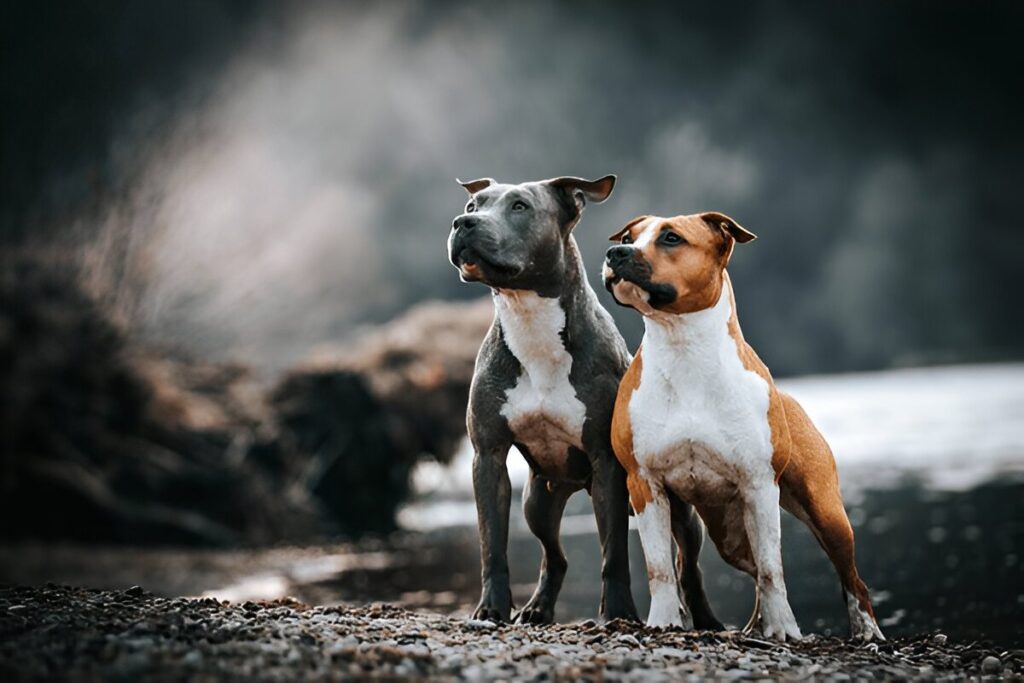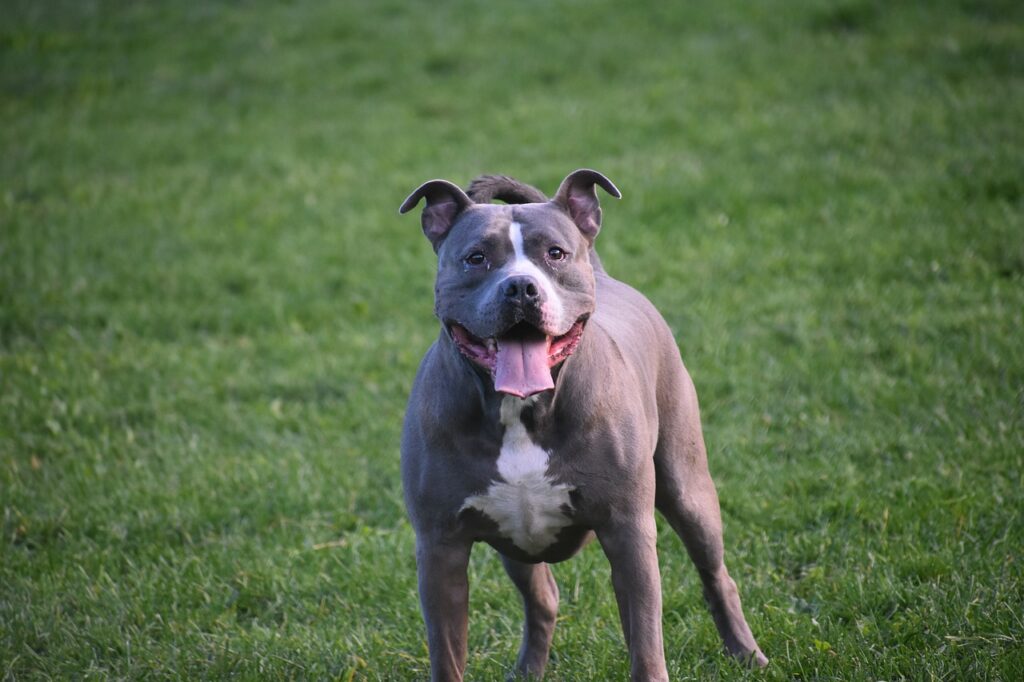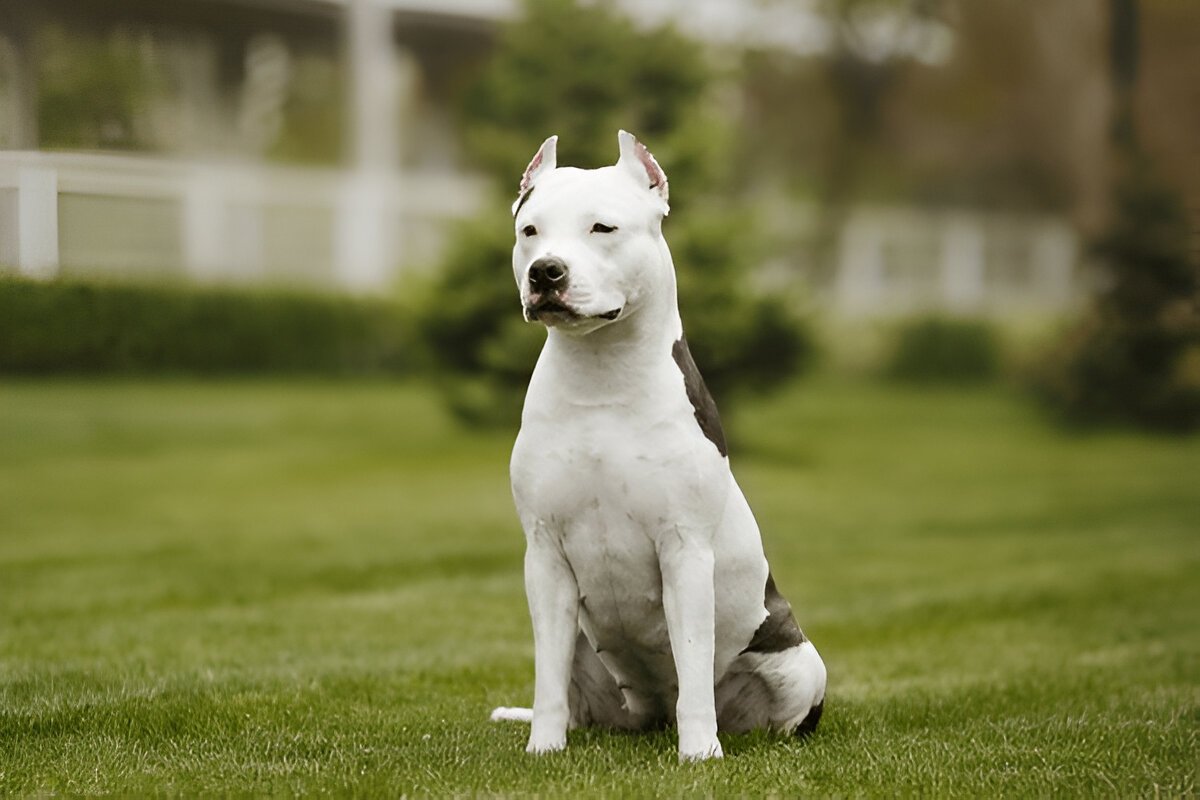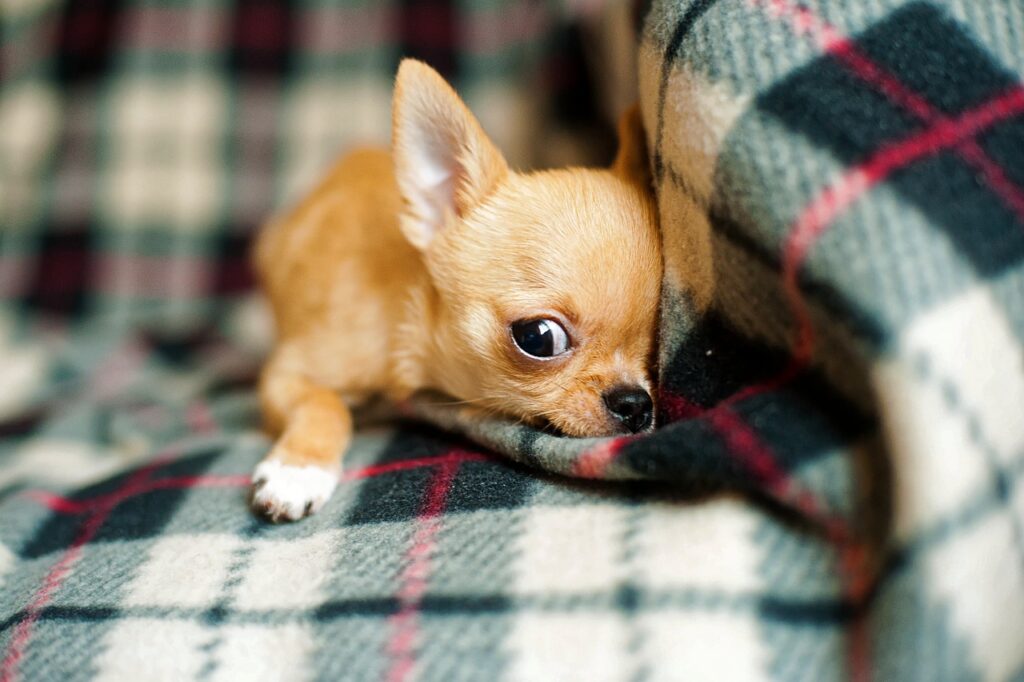The Pitbull: Misunderstood yet Loyal Companion
The word Pitbull usually means a generic term for all breeds that are physically and temperamentally similar, which includes the American Pit Bull Terrier, American Staffordshire Terrier, Staffordshire Bull Terrier, and sometimes the American Bully. Despite controversies surrounding them, Pitbulls have been described to be loyal, intelligent, and affectionate dogs. Given the right amount of love and proper training, they can make really great family dogs. In this blog, we’ll explore the history, characteristics, temperament, and care requirements of Pitbull-type dogs.
A Brief History of the Pitbull
Pitbull-type dogs have their origin in 19th-century England, where they were bred from bulldogs and terriers for blood sports such as bullbaiting and dogfighting. When those cruel practices were outlawed, Pitbulls were transported to America, where they became farm dogs, family companions, and even wartime mascots.
At the dawn of the 20th century, Pitbulls became ambassadors of gameness and athleticism, aside from their being working dogs. Generally speaking, these dogs were referred to as “nanny dogs” since they were so gentle with children. In the recent decades, however, their reputation has been villainized by reports of malpractices caused by irresponsible ownership and negative media publicity. Nonetheless, many breed ambassadors and owners are trying to redeem the image of this breed through its good qualities.
Physical Characteristics of the Pitbull

Pitbull-type dogs are medium-sized, muscled dogs with a strong and athletic build. Some important physical characteristics include the following:
- Size: Generally, the Pitbull stands between 17 to 21 inches at the shoulder and weighs from 30 to 60 pounds.
- Build: Compact, muscular frame, with a broad chest and well-set limbs that again point toward their origins as working dogs.
- Coat: Pitbulls have a short, smooth coat available in a wide range of colors, which may include black, blue, brindle, fawn, and white.
- Ears and Tail: Ears can be natural or cropped. Tail: Medium length and tapering to a point
- Expression: Expressed by the eyes and wide, even smile. The following gives a general idea about the nature and personality of the Pitbull Terrier.
The major traits attributed to pitbull-type dogs are those of loyalty, intelligence, and affection. Here’s what makes their
temperament so special:
- Loyal and Devoted: Pitbulls are extremely loyal to their families and grow very attached to the owners. They are really watchful and will do all in their power to protect their family.
- Affectionate and People-Oriented: Pitbulls are social dogs, thrive on human companionship, and love to involve themselves in family activities. They are often described as “velcro dogs” because they stick to their owners like glue.
- Playful and Energetic: Pitbulls are full of energy and love to play. Their favorite games include fetch, tug-of-war, and running around in the yard.
- Intelligent and Trainable: Pitbulls are incredibly intelligent and love to please, thus fairly easy to train. They excel in obedience, agility, and other dog sports.
- Good with Families: If well socialized, Pitbulls are great with children and can be very tolerant of their antics. They are described as gentle and patient with kids.
- Misunderstood and Stigmatized: The sad truth is that Pitbulls are highly misunderstood dogs due to their history and all the negative stereotypes surrounding them. In truth, they can be loving and loyal dogs if raised positively.
Caring for a Pitbull
Pitbull-type dogs are generally low-maintenance, but they have particular care in order to stay healthy and happy:
- Exercise: Pitbulls are energetic dogs and need to be exercised daily to burn out the energy stored in their bodies. This includes walks, playtime, and other forms of activities involving agility or obedience training.
- Diet: A proper diet comprising quality dog food will help them maintain the muscularity of their bodies. Pay attention to portioning because obesity can set in quite easily.
- Grooming: The short coat is easy to maintain, requiring only a weekly brushing to remove the loose hair. Also, regular nail trimming, ear cleaning, and dental care are not to be overlooked.
- Training and Socialization: The Pitbull needs early socialization and training, consistently. They respond best to positive reinforcement and enjoy learning new tricks and commands.
- Health: By nature, pitbulls are healthy dogs but may be exposed to some other health problems like hip dysplasia, allergies, or heart conditions. Regular checkups with a veterinarian and a good lifestyle can make them avoid the problem or survive it.
Pitbulls in Popular Culture

Image by Urs Tudor-Alexandru from Pixabay
Pitbull-type dogs have captured popular culture, often dispelling stereotypes and sharing their loving natures. Consider Petey, the Little Rascals dog, a Pitbull-type dog with his signature eye patch and playful demeanor. Their loyalty and charm have made them favorites among dog lovers and advocates.
Is the Pitbull Right for You?
Pitbull-type dogs are a great choice for active individuals and families seeking a loyal, affectionate, and energetic companion. They are well-suited for homes with yards where they can run and play, but they can also adapt to apartment living with enough exercise. However, their strong-willed nature and potential for stigma mean they require a dedicated owner who can provide them with proper care, training, and socialization. If you’re looking for a loving and devoted companion who will bring endless joy to your life, a Pitbull might be the perfect fit for you.
Final Thoughts
Pitbull-type dogs are an embodiment of the power of love, training, and positive reinforcement. With controversial reputations, they can be loyal, affectionate, and full of life. From playing in the yard to cuddling on the couch, just being by your side-Pitbulls have ways of winning hearts and changing minds. With proper care, training, and love, a pitbull can be a loyal companion for many years to come.
If you’re considering adding a Pitbull to your life, be sure to research reputable breeders or consider adopting from a rescue organization. These incredible dogs deserve homes where they can thrive and continue to showcase their true nature.
Yuns Legdm is a passionate advocate for pet care and the founder of this website, dedicated to providing valuable information for fellow pet lovers and veterinary professionals worldwide. With a deep love for animals, Yuns created this platform to connect passionate pet owners with expert insights from veterinarians around the globe.
This website grows with you—the passionate pet owners and veterinary experts—creating a trusted space where knowledge, experience, and love for animals come together. Whether you’re seeking advice on pet health, nutrition, or general well-being, this platform is here to support you on your journey of responsible and loving pet care.





